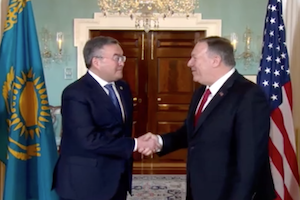Explaining the Kyrgyz-Tajik Border Clash: Hypotheses in Search of Corroboration
By Richard Weitz
July 14, 2021, the CACI Analyst
A century ago, the Italian author Luigi Pirandello wrote a three-act play entitled “Six Characters in Search of an Author,” which explored the difficulty of differentiating between illusion and reality. The analyst of the recent border clash between Kyrgyzstan and Tajikistan faces the same challenge. The event, which saw the most serious fighting between independent Central Asian republics, offers several plausible explanations with divergent policy implications.
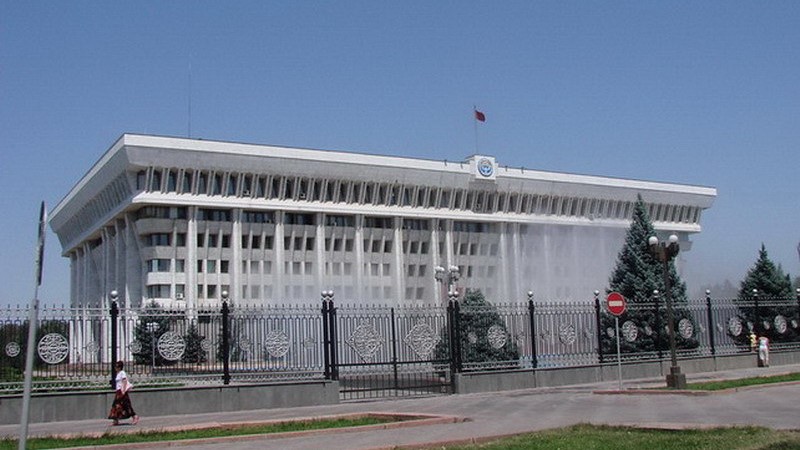
Conflict in the Kyrgyz-Tajik Border – a Potential Turning Point for Central Asia
By Filippo Costa Buranelli
May 5, 2021, the CACI Analyst
The armed conflict of last week between the armed forces of Kyrgyzstan and Tajikistan is the culmination of years of low-level violence. While having an impact on the development, prosperity, and security of border communities and local villagers, these limited confrontations have not directly affected relations between the two countries. However, with some 50 dead, hundreds of injured, and thousands of displaced people, the current conflict could become a turning point not just in their bilateral dealings, but also and especially in the construction of a regional order in Central Asia.
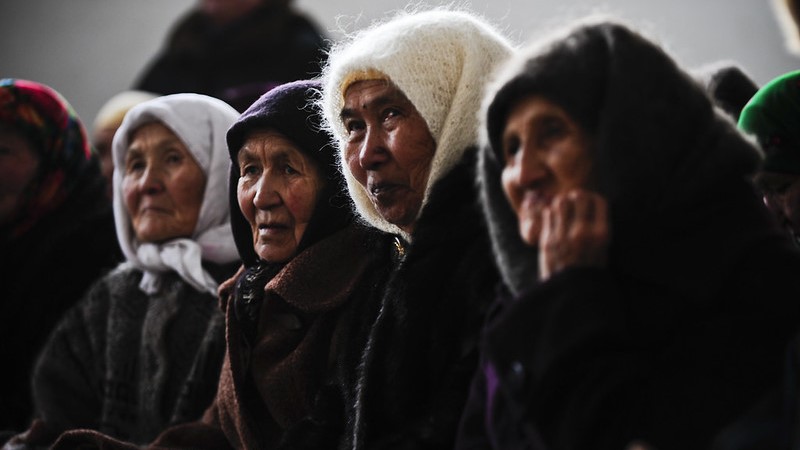
Border Problems in Central Asia: Dividing Incidents, Uniting Solution
By Farkhod Tolipov
July 16, 2020, the CACI Analyst
In May-June 2020, Central Asia experienced several border incidents between Uzbekistan and Kazakhstan; Uzbekistan and Kyrgyzstan; Kyrgyzstan and Tajikistan. These incidents revealed once again, on the one hand, the local population’s transboundary lifestyle and on the other, the artificial character of the borders that separate independent states from each other. Similar incidents have recurred in the region with a certain frequency since gaining independence; however, none of them escalated into larger and dangerous conflicts since resolutions came quickly and were based on unique integrative arrangements.
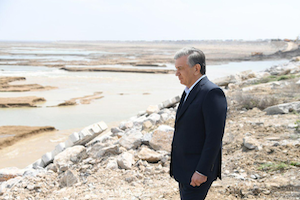
Post-COVID-19: Challenges and Opportunities for Central Asia
By Bakhrom Radjabov
June 4, 2020, the CACI Analyst
Since January, COVID-19 (coronavirus) has reached the level of a global pandemic. At first, some Central Asian republics seemed to be virus-free islands with zero confirmed infection cases. Afghanistan confirmed its first COVID-19 case on February 24, followed by a closure of the borders with other Central Asian republics. Kazakhstan discovered its first cases of COVID-19 on March 13, and Uzbekistan on March 15. Kyrgyzstan confirmed its first case on March 18 whereas Tajikistan did not report any cases until April 30. Before this date, the country allowed mass gatherings, including the celebration of Navruz, which was cancelled by other Central Asian governments. Turkmen authorities have so far not officially reported any cases of COVID-19 in the country.
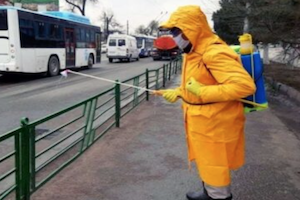
U.S. Presence in Central Asia: Realities and Perspectives
By Nurlan Aliyev
May 27, 2020, the CACI Analyst
In early February, U.S. Secretary of State Michael Pompeo visited Kazakhstan and Uzbekistan. He was received by the two heads of states in Nursultan and in Tashkent, Pompeo attended a C5+1 Ministerial with the foreign ministers of the five Central Asian republics to stress “U.S. support for a better connected, more prosperous, and more secure Central Asia” (State.gov). These thoughts are reflected in the new U.S. Central Asia Strategy. (State.gov). The renewed U.S. interest in Central Asia comes against the backdrop of China’s growing economic involvement in the region and Russia’s strong political and security relations with the Central Asian republics. Despite the Trump administration’s declarations of commitment to enhancing relations with the regional states, the perspectives of the U.S. in Central Asia should be examined.
